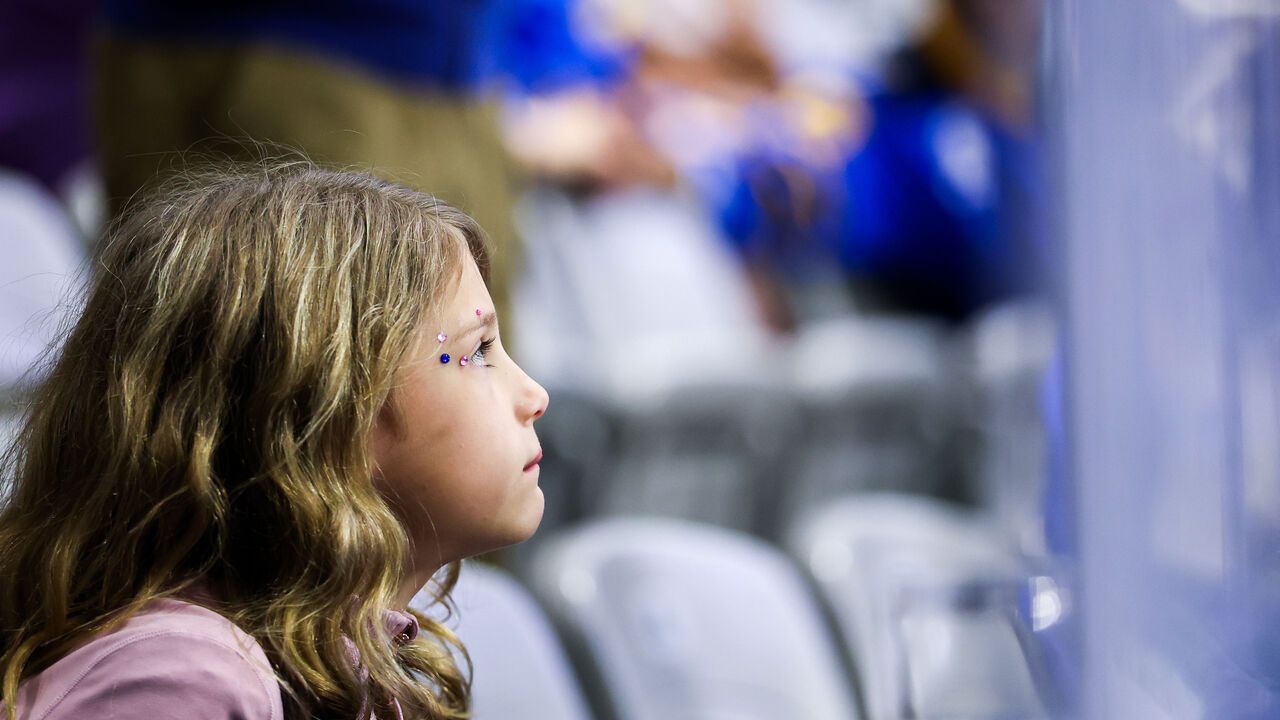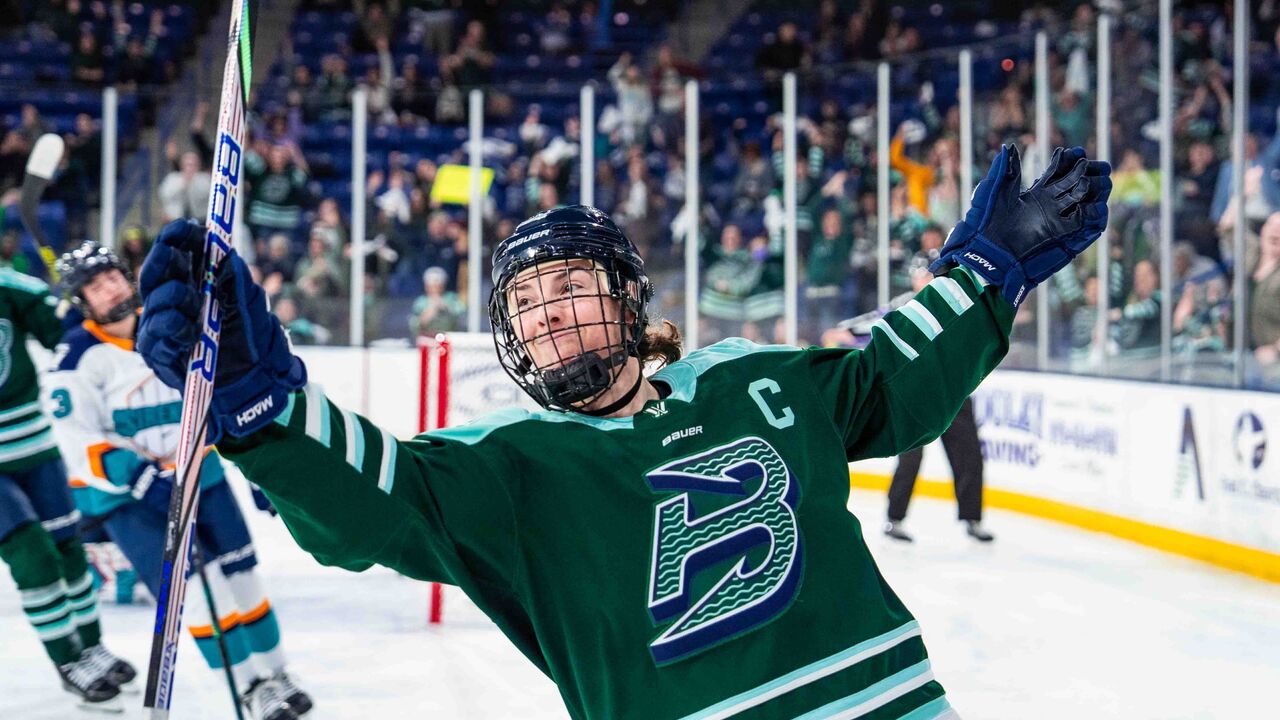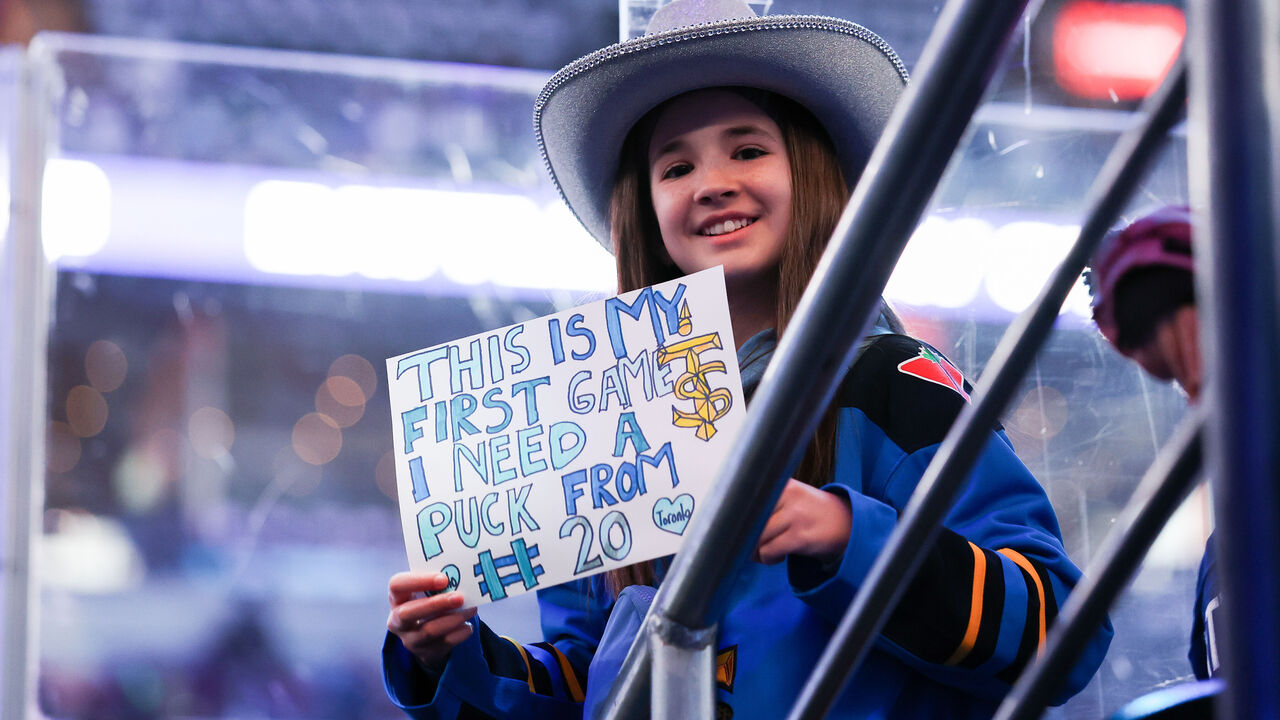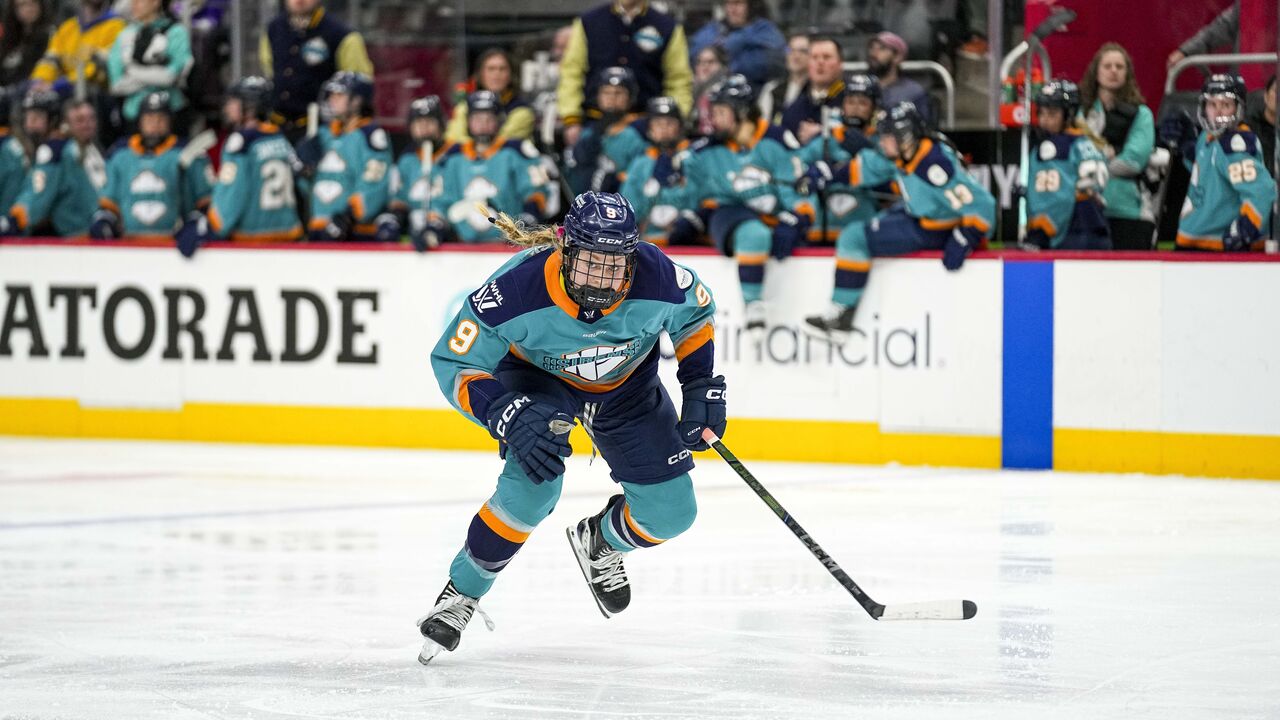PWHL expansion player movement tests fan loyalty
Any die-hard sports fan can probably articulate the heartbreak of the first blockbuster trade they remember. Babe Ruth to the Yankees. Wayne Gretzky to the Kings. Luka Doncic to the Lakers. Every generation has its shock moment. And for a new group of fans - the young girls who follow the PWHL - the core memories from that rite of passage were created this week during the league's expansion draft.
To help establish competitive franchises in Vancouver and Seattle next season, the league limited each of the original six teams to protecting just three players at the start of the expansion draft process. Once two players were taken from a club, it could protect one more.
The result was a major league-wide roster shakeup. Stars like Hilary Knight and Sarah Nurse are relocating. The Montreal Victoire lost four of their top five 2024 draft picks. The Toronto Sceptres lost their first three, all of whom contributed important minutes throughout the season. Of the six first-round draft picks in 2024, five will join expansion teams.

"There's no scenario where we're happy after that expansion draft," Toronto general manager Gina Kingsbury said on a call with reporters. "There's no scenario where we feel we've dodged a bullet or we're in a better position than we were. Losing those four athletes is a big hit to our roster."
In addition to giving up Nurse, Toronto lost rookies Julia Gosling, Izzy Daniel, and Megan Carter.
"When you think of the three (rookies) we lost, these are athletes that our coaches and our whole organization have invested in in the past year. ... It's disappointing to see them walk away from our market because of the potential they all have and the work we've already done with them, and what they've invested in us as well. It's emotional, it's not something you enjoy going through," Kingsbury said.
Despite initially offering some positive takes on a call with reporters, Ottawa Charge GM Mike Hirshfeld conceded to feeling the same way: "We're all disappointed because we invested in those players and got to know those players, and they were part of our organizations for a year. That part is difficult; there's no doubt about that."

Some of the losses extend beyond impacting the on-ice performance, as they cut into the heart of fan connection. Knight was the league's regular-season points leader and captain of the Boston Fleet and Team USA. In a market lacking strong attendance, losing the face of the franchise could make selling tickets a challenge. Three of the Fleet's final five home games at their primary arena in suburban Lowell, Massachusetts, attracted fewer than 4,000 fans, including a lightly attended contest against geographic rivals the New York Sirens that drew 3,252. The team's remaining roster doesn't necessarily feature any household names.
In Toronto, Nurse was not only a key contributor on the ice but also a marketable star off it, highly sought after by brands and media for her crossover appeal. "Nurse was a massive hit for us in so many ways. She's a world-class center, a two-way center who brings so much. I don't foresee us being able to replace someone like Sarah Nurse," Kingsbury said.

Expecting fans to immediately embrace these new lineups reveals a disconnect between league leadership and modern fandom. In 2019, the Sports Innovation Lab identified a new, growing cohort of fans - what they call the "fluid fan." This type follows individual players, not teams. Early signs of the trend showed when Cristiano Ronaldo had three times as many followers on social media as his then-club, Juventus, and the entire Serie A combined. That trend has demonstrated real lasting power. Nurse has over 40,000 more Instagram followers than her former team. Asking her fans to stay loyal to the Sceptres without their favourite player on Toronto's roster risks losing them altogether.
"It is such an honor to play in Toronto, it's where I grew up. … To be able to see all my jerseys in the stands, to be able to see all the signs and messages that have been sent during my time in Toronto and in the last few days have been so bittersweet," Nurse said.

A Reddit thread started by the dad of a 9-year-old PWHL fan on the subject of the expansion draft's impact on his daughter's fandom gained almost 100 comments within a day of being posted. "For so many of them, the PWHL was the first time these girls had a favorite female player to point to and is definitely the first time their favorite player is leaving them behind," the original poster wrote.
Although such heartbreak has been the domain of team sports since they began, it's part of the growing pains for a new league. The PWHL is aware that many of its fans are new to sports and don't necessarily approach fandom like traditional sports fans.
When asked prior to expansion about lower attendance during the playoffs, executive vice president of business operations Amy Scheer said: "The majority of ticketholders are women and maybe not necessarily your traditional season-ticket member base. So there's an education that has to happen on our part of, 'Listen, when you're a fan of a team, sometimes the playoffs come up fast, and you don't always know the dates, and we're asking you sometimes to commit to those dates before we know them and you know them.'"
She admitted, "We have work to do, for sure."
The question is whether the league is doing that work, especially since both GMs and players acknowledged the expansion draft felt heavy-handed. "I know it's been hard on the original six teams. We feel it too," said Jessie Eldridge, who Seattle picked off New York's roster.
To replace the holes in their lineups, free agency opens on June 16, followed by the entry draft on June 24. "We're going to be talking to players who don't have a contract … to possibly come play for Montreal," Victoire GM Daniele Sauvageau said. "We have players who basically didn't have a job in our league last year who have been playing in Europe or elsewhere that we are following."
That said, veteran talent comes at a price, and cap space is a consideration. With many of the roster vacancies created by entry-level players, there might be limited flexibility to replace them with higher-priced vets. "Three of those four (players Toronto lost) were coming in on an entry-level salary, which doesn't free up a whole lot of room for us in the signing period that's coming up," Kingsbury said.

The league's broader goal is clear: Build competitive balance and fuel long-term growth by seeding new franchises with talent. But while GMs and league executives can see the strategic upside, the emotional math doesn't always add up the same way for fans.
With more expansion rumored for the near future, it's a cost the PWHL might need to take a hard look at. Losing hometown heroes in a league still in its infancy - before some of the younger fans have even had time to outgrow their jerseys - might be a high price to pay. For now, the PWHL can only hope those fans see the upside that some GMs are trying to.
"I think we all understand the bigger picture here and are all excited for where we're headed," Hirshfeld said.
Jolene Latimer is a feature writer at theScore.